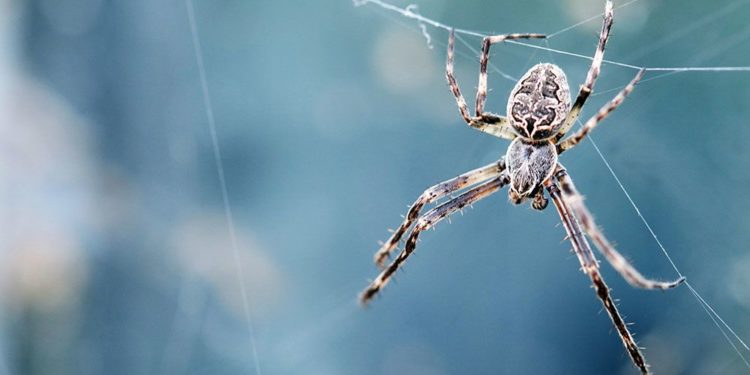Spiders in our delicate home ecology can cause disquiet and pain for many individuals. While spiders perform an essential role in bug management, their presence can be unpleasant, especially when they invade our homes in huge numbers. This thorough book will delve into the realm of spider control and pest management, providing insights, tactics, and solutions to help you keep your house spider-free while maintaining your peace of mind.
Understanding Spiders: Friend or Foe?
Spiders are intriguing animals that are sometimes misunderstood. While spiders may elicit dread and trepidation, they are helpful predators that help reduce bug populations by eating on pests such as flies, mosquitoes, and cockroaches. However, when spiders invade our houses in search of food, drink, or shelter, their presence can cause worry and discomfort for many individuals.
Identifying Common Household Spiders
Not all spiders are created equal, and identifying common household spiders can help you better understand their behaviours and habits. Some of the most common household spiders include:
- House Spiders (Tegenaria domestica): Also known as cellar or daddy longlegs, house spiders are commonly found in dark, damp areas like basements, crawl spaces, and attics.
- Brown Recluse Spiders (Loxosceles recluse) are known for their distinctive violin-shaped body markings. They are typically found in secluded areas like closets, storage boxes, and behind furniture.
- Black Widow Spiders (Latrodectus mactans): Black widow spiders are easily identified by their sleek black bodies and red hourglass patterns on their abdomens. They are typically found in dark, quiet spaces such as garages, sheds, and woodpiles.
Prevention is Key
The most effective technique to control spiders in your house is to keep them out in the first place. Implementing simple but effective preventative methods can reduce the danger of spider infestations and keep your house spider-free. Some key prevention strategies include:
- Sealing Entry Points: Inspect your home for cracks, gaps, and openings where spiders can enter, and seal them with caulk, weatherstripping, or other suitable materials.
- Reducing Clutter: Spiders thrive in cluttered environments, so decluttering your home and keeping it clean and organised can help reduce their hiding places and breeding sites.
- Removing Food Sources: Spiders feed on insects, so reducing the number of insects in and around your home can help deter spiders from residence. Keep your home clean and free of crumbs, spills, and other food debris, and address any sources of standing water that may attract insects.
Effective Treatment Strategies
If you already have a spider problem in your home, you can use several effective treatment strategies to eliminate spiders and prevent them from returning. Some effective treatment strategies include:
- Vacuuming: Vacuuming up spiders, their webs, and their egg sacs effectively removes them from your home. Be sure to empty the vacuum bag or canister outside to prevent spiders from returning.
- Chemical Treatments: Chemical pesticides can kill spiders and their eggs, but they should be used judiciously and in accordance with label instructions to minimise risks to humans, pets, and the environment.
- Natural Remedies: Some natural solutions, such as essential oils, diatomaceous earth, and vinegar, can help repel spiders from your house without using chemical pesticides. These cures are generally safer for humans and dogs, but they may not be as successful as chemical treatments.
The Role of Professional Pest Control Services
While DIY spider control treatments may be sufficient for mild infestations, severe or chronic spider problems may demand the assistance of a certified specialist. Pest control London professionals have the knowledge, experience, and specialised equipment needed to identify spider species, assess infestation intensity, and develop treatment plans tailored to your needs. By engaging professionals, you can ensure that spider problems are treated safely, effectively, and with no disruption to your daily life.
Conclusion
Spiders are exciting organisms that help reduce bug populations, but their presence in our homes may be unpleasant for many people. Understanding the behaviours and habits of common household spiders, applying effective preventative measures, and employing suitable options will help you keep your home spider-free and your mind at ease. Whether you want to do it yourself or hire specialists, moving quickly and investing in solutions suited to your unique requirements and circumstances is essential. With commitment and the correct equipment, you can have a spider-free house and a healthier, happier living environment for yourself and your family.











































































